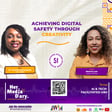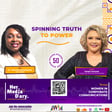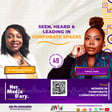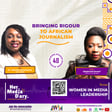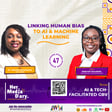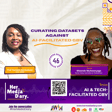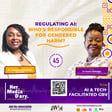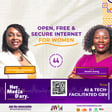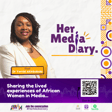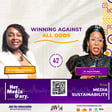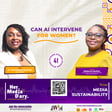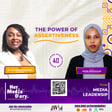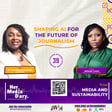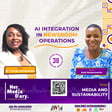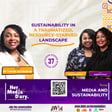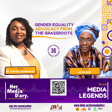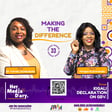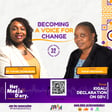
Her Media Diary Episode 11: "I want to help the survivors" with Soyem Osakwe
Soyem Osakwe is a specialist in Global communications, campaigns and advocacy. In this episode, Soyem speaks passionately about her work using effective communications strategies to raise awareness and advocate against gender-based violence. If you are a journalist or content creator, if you work for an NGO or simply want to lend your voice to real change, then you'd want to listen to this episode as Soyem shares essential tips on how she has successfully worked with ambassadors, celebrities and influencers in fighting for justice for survivors and victims of gender-based violence.
Soyem's episode will be released on 14 November 2022. Subscribe to Her Media Diary now on your favourite podcasting platform https://linktr.ee/hermediadiary
#HerMediaDiary
List of organisations that support survivors
Women Empowerment and Legal Aid (WELA): https://welaonline.org/
MUSASA: https://www.musasa.co.zw/
Masimanyane Women’s Rights International: https://www.masimanyane.org/
Gender Violence Recovery Centre (GVRC): https://gvrc.or.ke/
The Gender-based Violence Command Centre (GBVCC): https://gbv.org.za/about-us/
FORWARDUK: https://www.forwarduk.org.uk/i-need-help/
Woman’s Aid: https://www.womensaid.org.uk/information-support/
